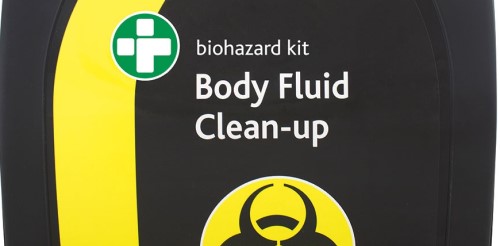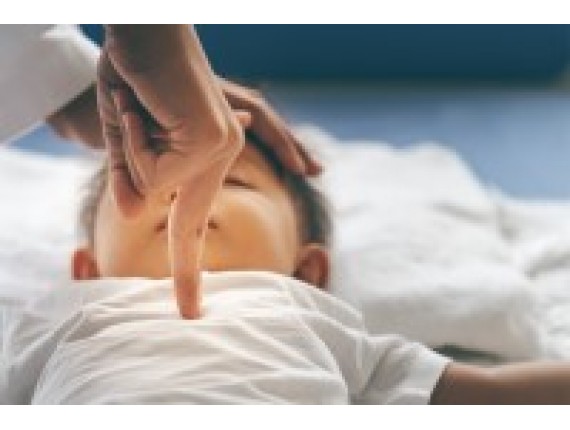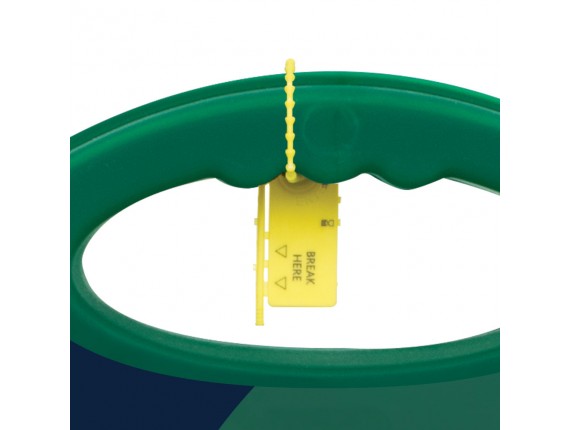Protecting Yourself as a First Aider

The first thing that any first aider should be aware of when entering the scene of an accident is protecting themselves from any potential dangers. The danger could be danger of infection, environmental (eg broken glass or electricity lines) or human (either intentional or unintentional).
Barrier Devices
One of the main dangers on the scene of an accident comes from the spread of viruses via body fluids. Without protection the first aider could be contaminated by blood containing HIV, Hepatitis, Coronavirus (COVID-19) or other viruses. Where possible, and to prevent cross contamination, the first aider should wear protective gloves, these come in latex, vinyl or nitrile. It is a good idea to keep some gloves in your car, they are a key element in any first aid kit.
CPR Face Shields
CPR face shields come in a variety of types and sizes. Compact face shields are small enough to fit in a pocket or purse and some come on a key ring. With mouth-to-mouth resuscitation, there is a high probability of bodily fluid contact, especially with regurgitated stomach contents and mouth borne infections. A suitable mask will help to protect the rescuer from infections the victim may carry.
Other Equipment
Disposable aprons are often found in larger first aid kits and are perfect for preventing spills onto the first aiders’ clothes.
Biohazard disposal kits are used to clear body fluids using granules, a scoop and antiseptic spray.
Alcohol hand gels are ideal for cleaning hands where there is no water. The gel kills most germs and is easy to use. Covering the casualties wound quickly with suitable dressings is very important. As well as stopping the flow of blood, dressing the wound prevents cross infection.
Covering the casualties wound quickly with suitable dressings is very important. As well as stopping the flow of blood, dressing the wound prevents cross infection.



